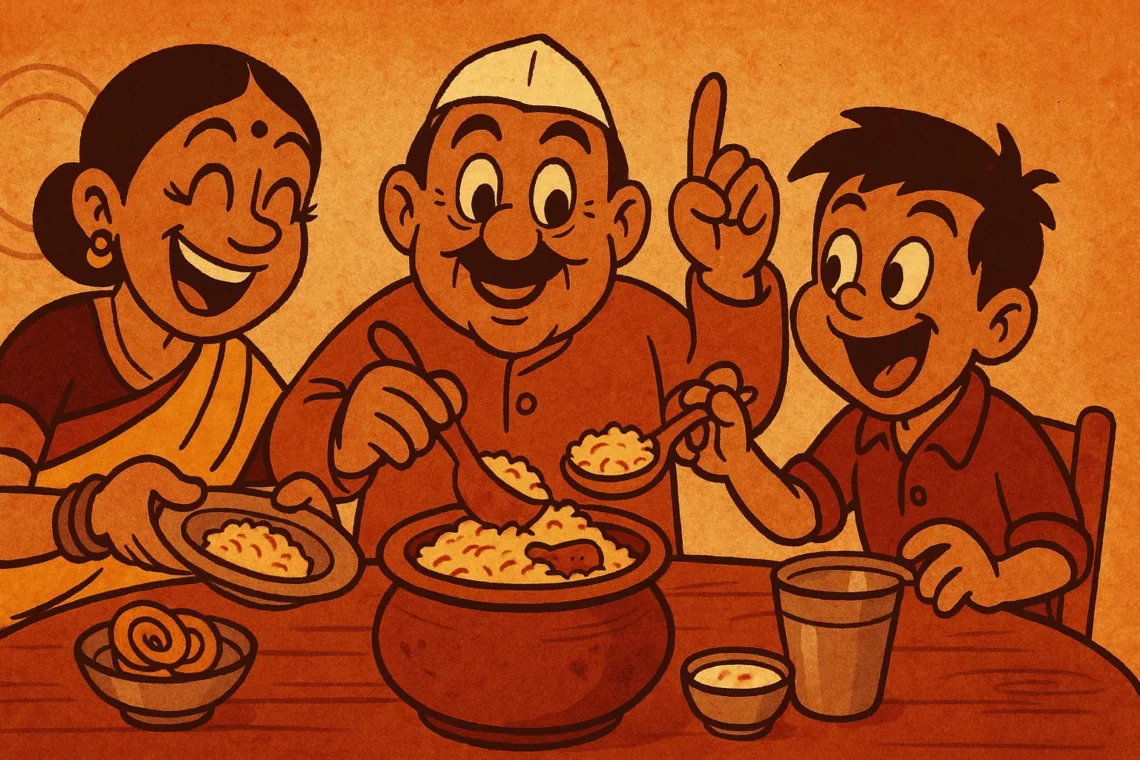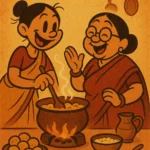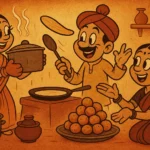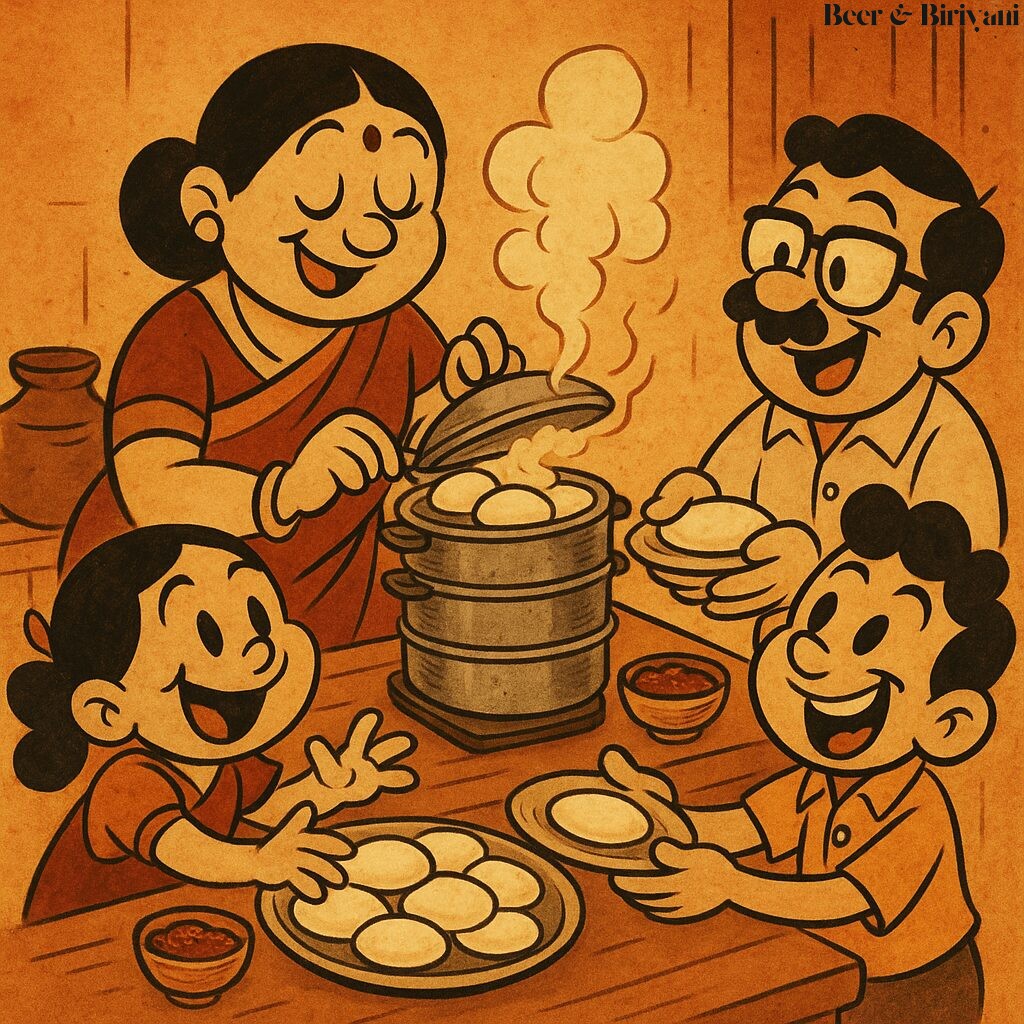Everyone in the family made biryani. Some added potatoes, some refused. Some used basmati, some swore by seeraga samba. But no one—no one—touched biryani when my uncle was in the kitchen. He never said much. He didn’t boast. He didn’t correct your technique. But the man had rules. Not written, not spoken, but enforced with the silent power of someone who knows exactly how long to soak the rice and when to let the onions go just a little beyond golden brown.
He never called it his “secret recipe.” In fact, he never even called it biryani. He just said, “I’m making lunch,” and the whole household knew to clear the kitchen. You didn’t ask questions. You didn’t hover. You didn’t offer to help unless you wanted to be silently assigned the least important job—peeling garlic, washing coriander, or standing very still until he remembered you were there.
Rule One: The Masala Must Earn Its Place
No pre-ground packets. No shortcuts. The masala was made from scratch every single time. Whole spices toasted till they released that dangerous, intoxicating smell. Ground by hand, not machine. “You can taste the laziness,” he’d mutter if someone brought out a store-bought garam masala tin. And somehow, you could. His biryani didn’t punch you in the face. It unfolded—layer by layer, spice by spice, like a well-told story with a killer last line.
Rule Two: No Talking During Dum
Once the layers were set—rice, meat, fried onions, mint, repeat—you stepped back. The lid was sealed with dough. The flame was lowered. And then: silence. No door banging. No loud TV. No overexcited children playing near the kitchen. Dum time was sacred. He said nothing, but his eyebrows did the talking. We once lost biryani to a pressure cooker whistle next door. “It got startled,” he said, mournfully. Since then, even the fans were kept on low.
Rule Three: Potatoes Are Negotiable. Rice Isn’t.
He had strong views on rice. Basmati, long-grained, aged, soaked just enough, drained just right. If the rice broke, it broke his heart. He would pick through the grains with his fingers, softly muttering like a man inspecting gold. Potatoes? Fine. Add if you must. But never call it “Aloo Biryani.” He believed in meat-forward biryani. The kind where each piece was marinated overnight and cooked to that perfect point between tender and triumphant.
Rule Four: You Eat It the Way It Was Served
No raita. No ketchup. No reheating. You sat down when it was ready. Not five minutes later. Not after finishing your WhatsApp call. The biryani waited for no one. And no one added anything to the plate. It was complete. Balanced. Final. “Thoda achar hai,” he’d say, pointing vaguely to the side. But even that felt like garnish. His biryani was a one-dish monologue—every bite said everything.
The One Time I Tried to Copy Him
I once tried to recreate it. Called him for measurements. He said, “Andaz se daalna.” I said, “How much?” He said, “You’ll know.” I didn’t. I used too much cinnamon. The rice was sticky. I layered it wrong. The meat dried out. He ate it quietly, then said, “Try again. With less effort.” I didn’t understand then. But now, I do. He wasn’t cooking for applause. He was cooking because it was the only language he spoke fluently. A dish where the ingredients weren’t just chopped—they were considered.
Unwritten, Undeniable
Now that he’s gone, no one dares recreate his biryani. We still make it. We still love it. But his version? It was personal. It was private. It was proof that even the quietest man in the house could say everything he needed to with a pot, a flame, and a perfectly timed dum. His biryani didn’t come with garnish. It came with gravity.
And even now, when I make mine, I light the stove gently. I layer with care. I cover the pot and sit in silence—not because I have to, but because I want to. Because that’s what he did. Because some recipes aren’t about taste. They’re about tribute.
Born in Mumbai, now stir-frying feelings in Texas. Writes about food, memory, and the messy magic in between — mostly to stay hungry, sometimes just to stay sane.












